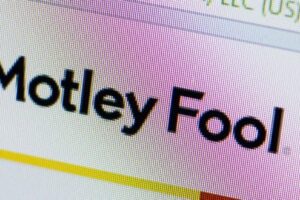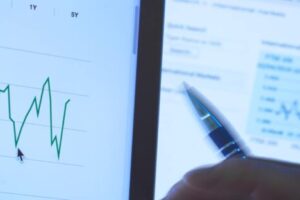
After years of extremely low rate, the US Federal Reserve started to raise the benchmark interest rate a quarter point on Wednesday. Even though the key federal funds rate increases to a range of 0.75-1.0 percent, it’s the beginning of a good news for savers everywhere. It’s also a bad news for debtors as the higher benchmark interest rate will push up the costs for credit cards, student loans and mortgages.
As the economy improves and the labor market strenghtens, Federal Reserve Board Chairman Janet Yellen decided it’s the right time to raise the interest rate further amid rising inflation. As the economy progresses, the central bankers projects that the federal funds rate will rise to 1.4 percent by the end of the year and 2.1 percent next year, which would imply another two increases in 2017 and another two rate hikes in 2018. At this point a rate rise is an indicator of a healthy economy. That’s even more more good news for savers.
For almost a decade, we as the savers earn peanuts while stashing money in the bank. Most banks pay a measly 0.1% for saving accounts, while online banks pay around 1.0% such as Ally online saving account. With the increase in interest rate by the Fed, that’s starting to change as banks also raise the interest they pay us on saving accounts. The benefits of raising interest rates flow directly to savers as many Americans try to save for the future. More broadly, the news is good for retirement savers.
So where would you go to get the best saving rates? The places are online banks, credit unions and small brick and mortar banks. If your money is at big major banks like Wells Fargo or Bank of America, you might not see a big bump on the interest on your saving accounts. I highly recommend to try online banks. Personally, I put my liquid cash online with Ally bank.
Anyway, if you have a lot of debts, try to pay them down steadily. For savers, better times are ahead as more rate increases are coming.





